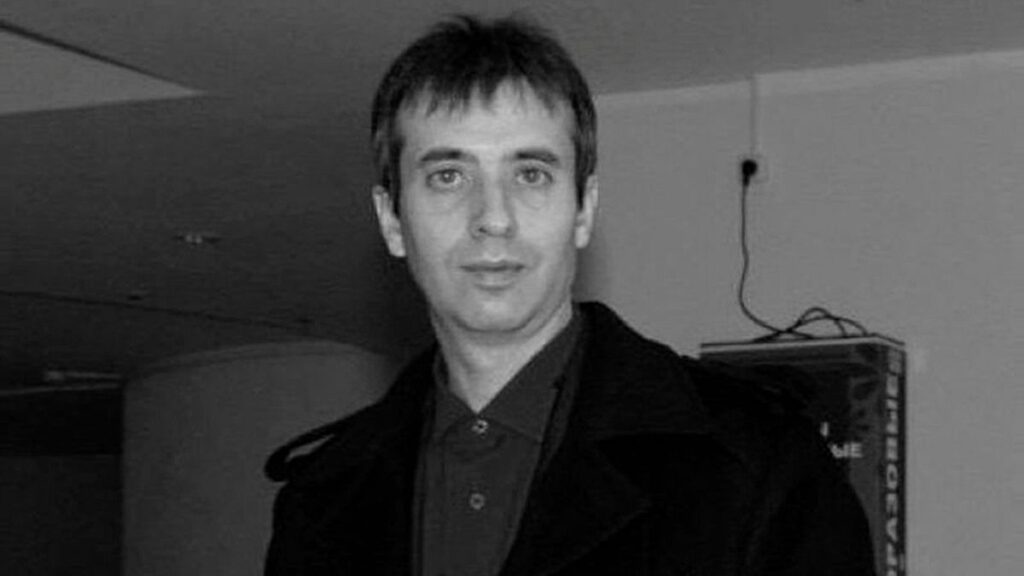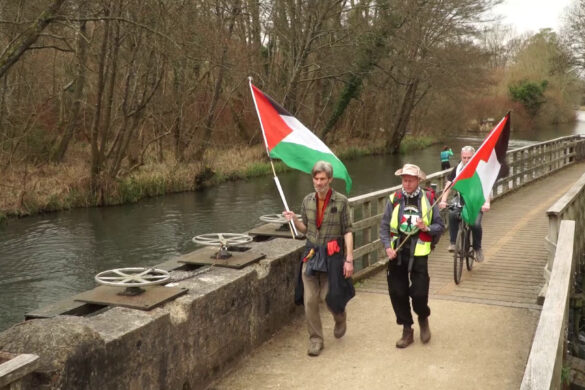Vadzim Khrasko died of pneumonia in a penal colony near the northeastern city of Vitebsk after prison authorities delayed taking him to hospital.
Political prisoner dies in Belarusian prison after authorities fail to provide him with proper medical carehuman rights group Viasna said on Monday.
His death highlights the cruel conditions in Belarusian prisons.
Vadzim Khrasko died on January 9, but prison authorities have only now reported his death.
The inmate, an information technology specialist who died at the age of 50, was serving a three-year sentence for donating to opposition groups described as “extremist” by authorities.
Political activist Leanid Sudalenka, who was serving a three-year sentence in the same penal colony, told the Associated Press at the end of his sentence that he almost died when the COVID-19 outbreak reached the establishment.
He said he and other political prisoners had to wear a yellow tag on their uniforms, to be easily identifiable by guards who he said routinely brutalized, mistreated and humiliated them.
Leanid Sudalenka explains that methods of intimidation can range from punishment cells and complete solitary confinement, to refusal to meet with a lawyer and denial of medical care and medication.
Translation of the post above: “Today I learned the tragic news of the death of political prisoner Vadzim Khrasko due to inadequate medical care. I offer my sincere condolences to his family and friends. This is the fourth political prisoner to die in #Belarus since 2020. We must act now to prevent further deaths!”
Other prisoners did not survive their incarceration, including artist Ales Pushkin, who died in July from a perforated ulcer after receiving no medical care, and Vitold Ashurak, whose body was released to his relatives in 2021, still wearing a bandage on his head.
Belarusian authorities cracked down on opponents of authoritarian President Alexander Lukashenko after large protests in response to the August 2020 elections, which gave him a sixth term. The opposition and the West consider the vote fraudulent.
Protests swept the country for months, bringing hundreds of thousands of people into the streets. More than 35,000 people were arrested, thousands were beaten in police custody and hundreds of independent media and non-governmental organizations were closed and banned.
More than 1,400 political prisoners remain behind bars, including opposition party leaders and renowned human rights defender Ales Bialiatski, winner of the 2022 Nobel Peace Prize.
Sviatlana TsikhanouskayaBelarusian opposition leader in exile, who was forced to leave the country after challenging Alexander Lukashenko in the 2020 vote, has called for an investigation into the death of Vadzim Khrasko.



